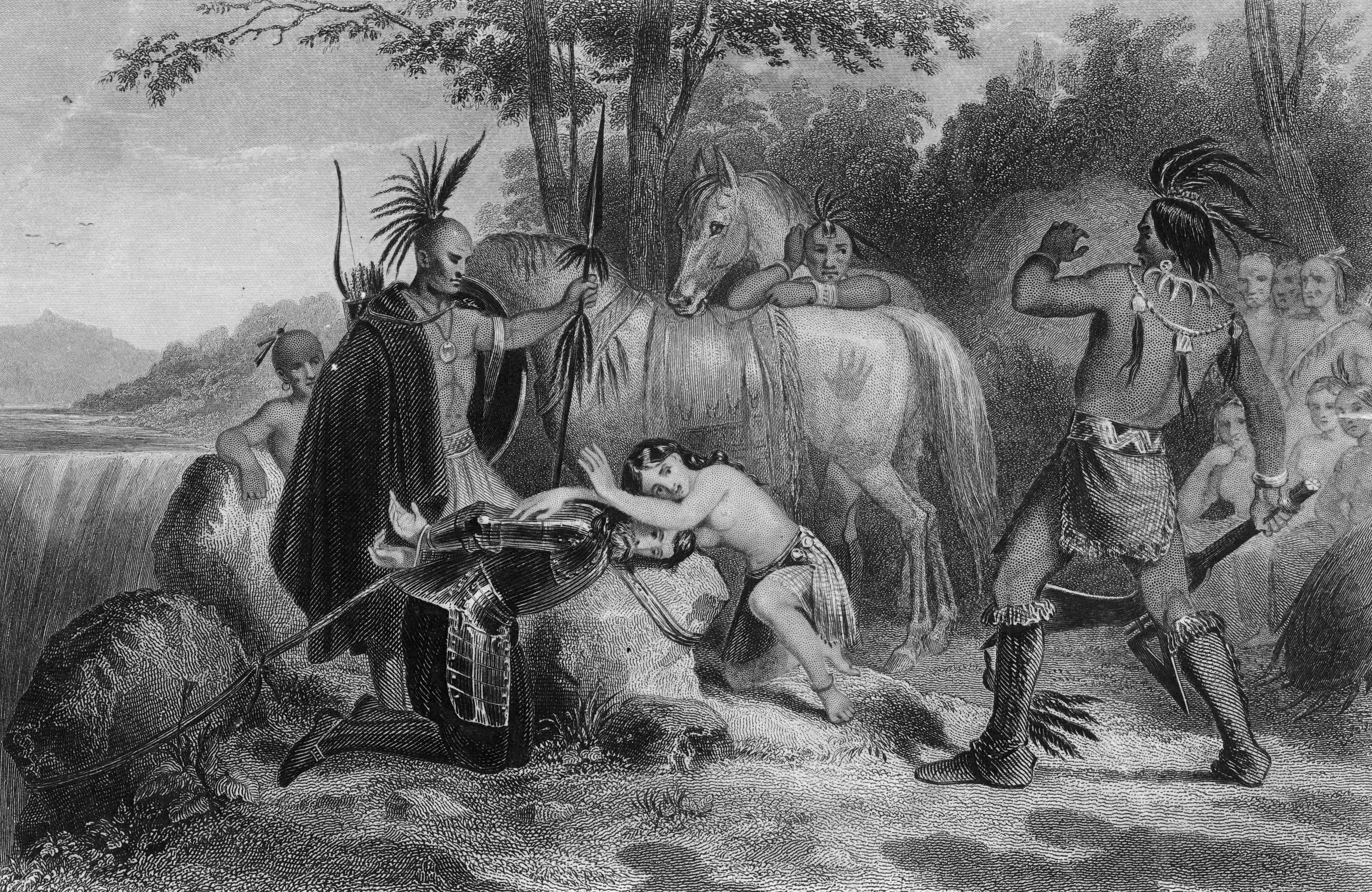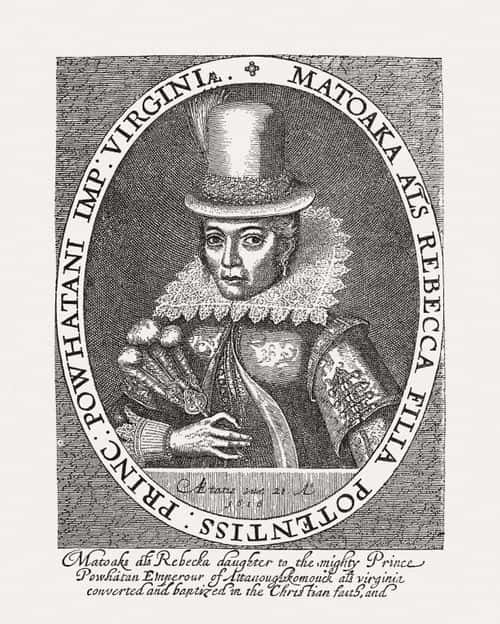How did Pocahontas die? Edward Norton discovers he is related to Powhatan legend who died at 21

JAMESTOWN, VIRGINIA: Appearing on PBS show ‘Finding Your Roots’, Edward Norton learned that he was a direct descendant of Pocahontas. He also discovered that his ancestors owned slaves, making him feel “uncomfortable” about the idea. His 12th great-grandmother, Pocahontas, is hailed as a Powhatan heroine in history books.
The 53-year-old ‘Fight Club’ actor discovered that his family owned slaves from host and historian Henry Louis Gates Jr, which caused the star to reportedly declare, "These things are uncomfortable." Season 8 of the show, which closely examines celebrities and their family lineage, kicked-off with the Golden Globe winner, who most recently appeared in ‘Glass Onion: A Knives Out Mystery’. Norton was taken aback to hear about his family history, especially when he discovered that Pocahontas, a legendary historical figure who is associated with the Jamestown colonial settlement in Virginia, was his 12th great-grandmother. “This is about as far back as you can go, unless you’re a Viking,” the actor said on the episode, according to NBC Philadelphia.
RELATED ARTICLES

The ‘Primal Fear’ star said, “It makes you realize what a small piece of the human story you are.” Pocahontas' marriage to tobacco planter John Rolfe in 1614 made Norton a direct descendant of Pocahontas. She reportedly died in 1617, three years later due to an unspecified illness. When he learned more facts, he acknowledged that it made him feel "uncomfortable."
The actor was then shown a picture of a husband and wife and their five girls, the oldest of whom was only 10, as per Metro. Gates, who is also a Harvard professor, revealed to Norton that his forefathers formerly owned the family as slaves. After discovering the truth, the actor said, “These things are uncomfortable, and you should be uncomfortable with them. Everybody should be uncomfortable with it." He continued, “It’s not a judgement on you and your own life but it’s a judgement on the history of this country. It needs to be acknowledged first and foremost, and then it needs to be contended with."
Norton elaborated, “When you go away from census counts and you personalize things, you’re talking about, possibly, a husband and wife with five girls, and these girls are slaves. Born into slavery." He then emotionally added, “Again, when you read 'slave aged eight,' you just want to die.”
Who was Pocahontas?

According to History TV, Native American woman Pocahontas was born in or around 1595. Her father was the ruthless Chief Powhatan, head of the tribal nation of the Powhatans which at its height included about 30 Algonquian communities in Virginia's Tidewater. According to historians, Pocahontas had no indication that she would grow up to be a folk icon, but she was involved in a sequence of incidents with Captain John Smith and John Rolfe that forever connected her to America's colonial history when the first European settlers showed up on Powhatan land to start the colony of Jamestown.

The colonists grew to regard Pocahontas as a significant Powhatan messenger. In 1608, she assisted in successfully negotiating the release of Powhatan prisoners and periodically delivered food to the starving settlers. However, tensions lingered between the colonists and the Native Americans. In 1610, Pocahontas may have wed a Native American man named Kocoum. After that, she stayed away from the English until 1613, when she was tricked into boarding Captain Samuel Argall's English ship and taken hostage during the First Anglo-Powhatan War. She was held captive and was cared for by a preacher named Alexander Whitaker while residing in the town of Henricus. There, she learned the English language, English culture and Christian beliefs. After becoming a Christian, Pocahontas was baptized and given the name Rebecca.
Pocahontas encountered John Rolfe, a widower and tobacco plantation owner, while she was a prisoner. The couple made the decision to wed, perhaps motivated by both love and political considerations. Rolfe, a devout Christian, struggled with the decision until Pocahontas became a Christian, though. In April 1614, she married Rolfe and the event was seen as a crucial step in the process of mending the colonists' and Native Americans' relations for the better. The union did in fact usher in a period of tranquility in the area. Sir Thomas Dale traveled to England in 1616 to mobilize financial backing for the Virginia Company, a business owned by affluent Londoners that had provided funding for the Jamestown colony. Pocahontas was referred to as Lady Rebecca Wolfe and treated like a princess in London. She went to plays and balls, and even met the royal family.










